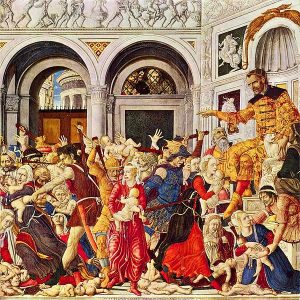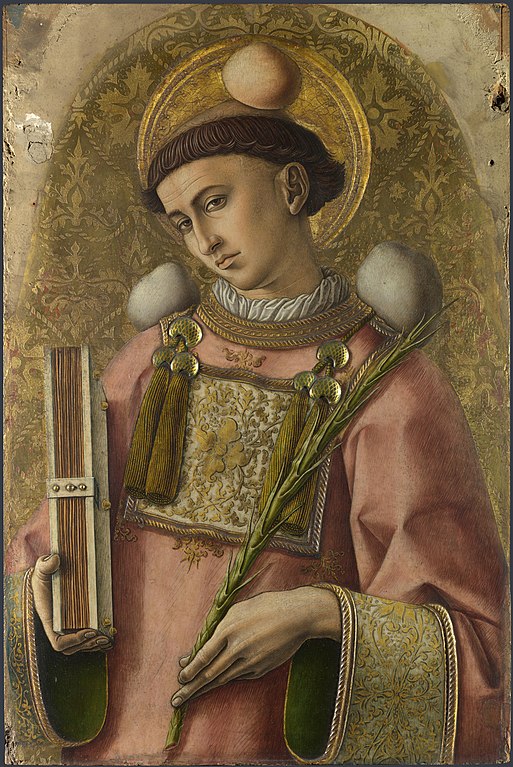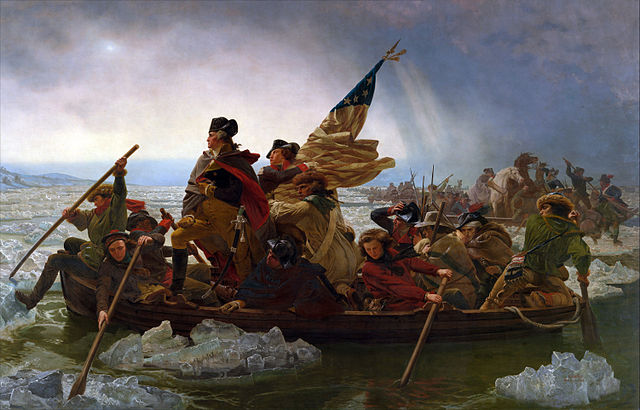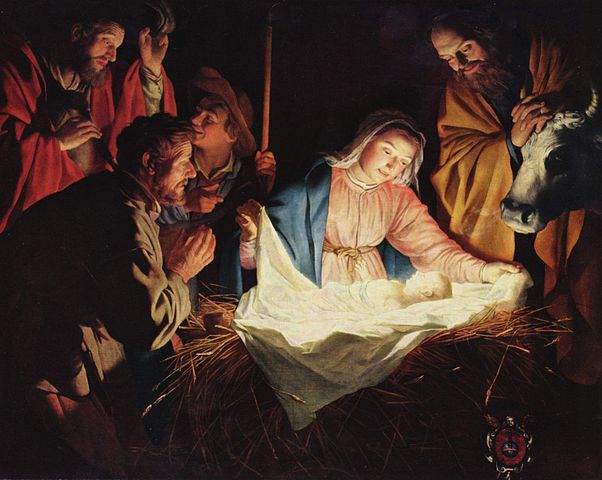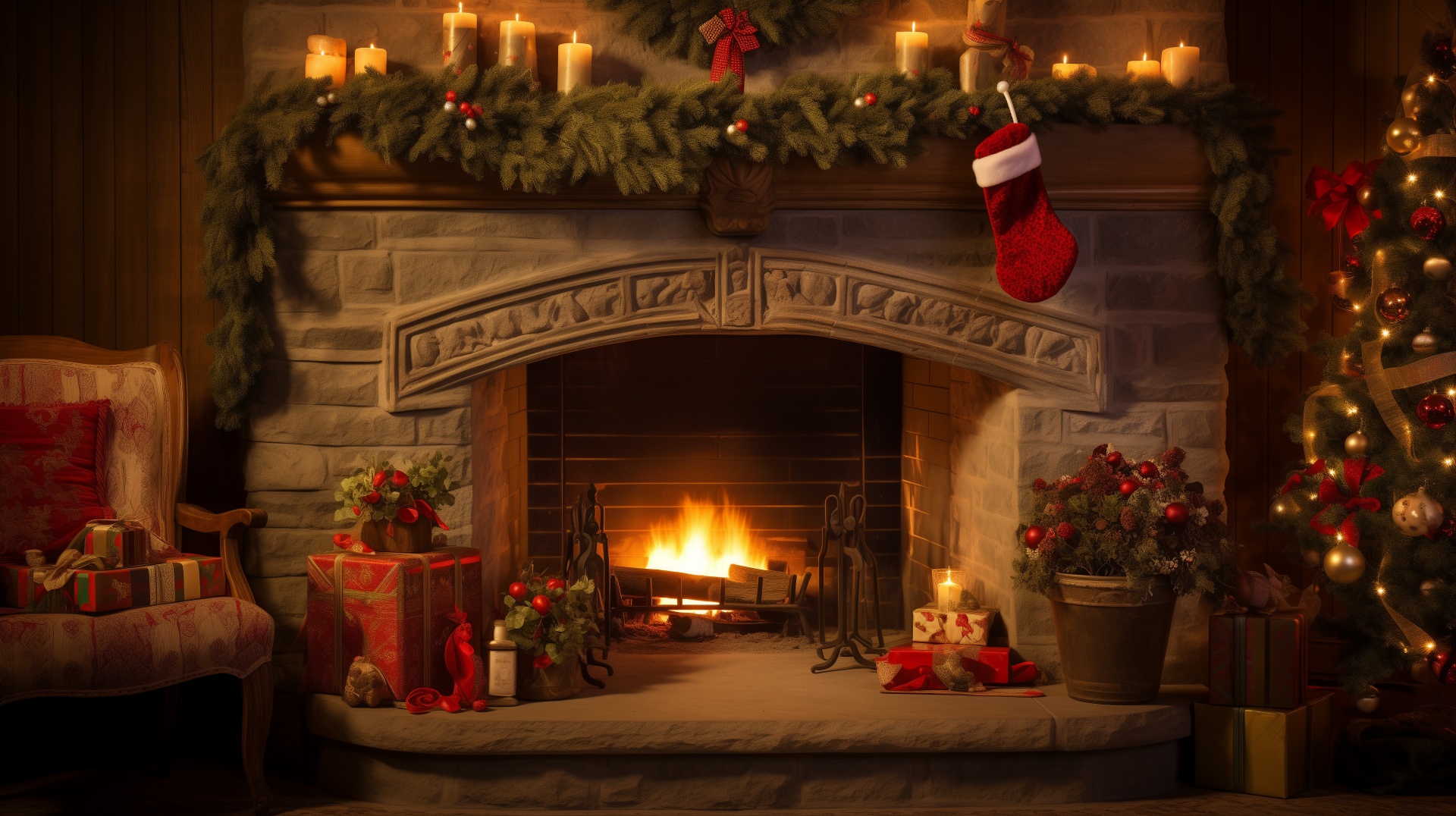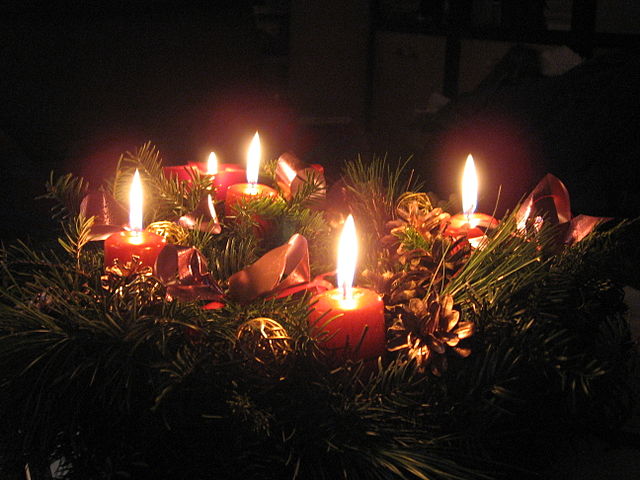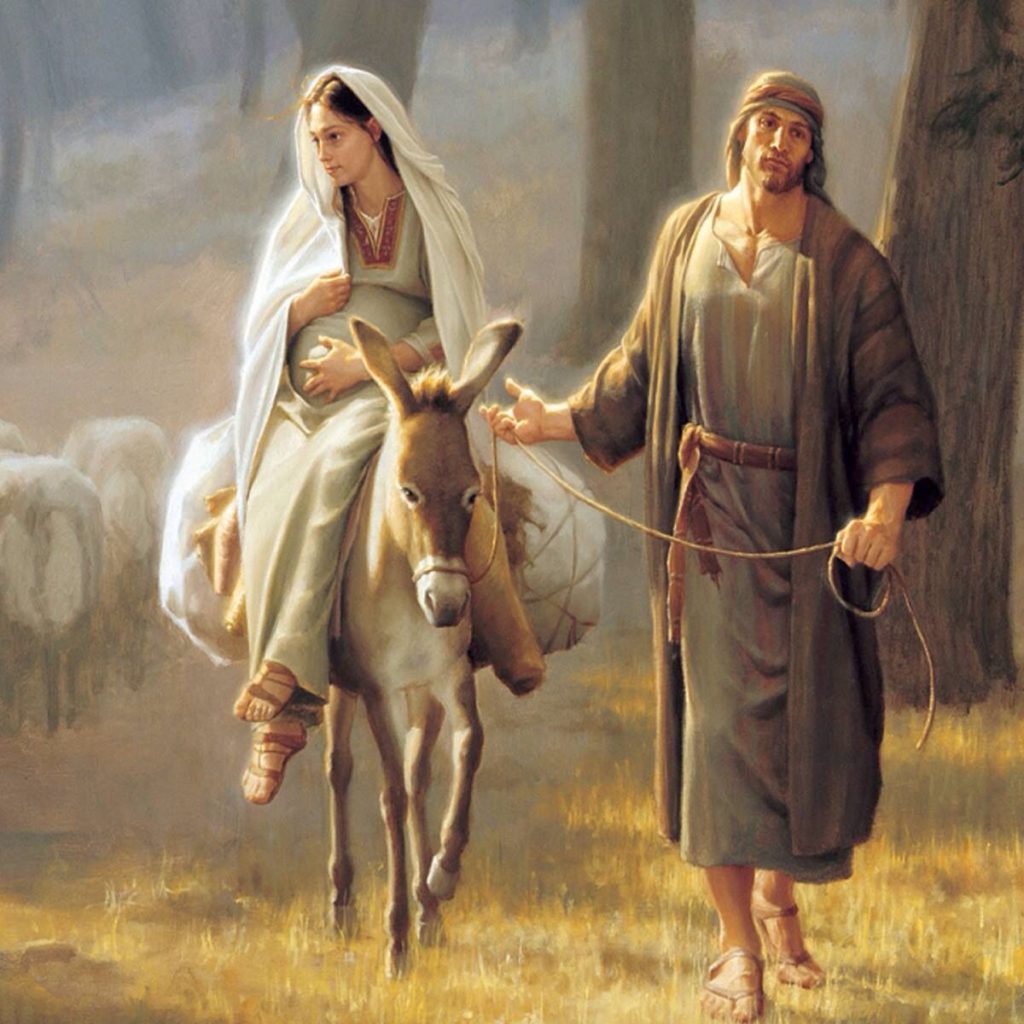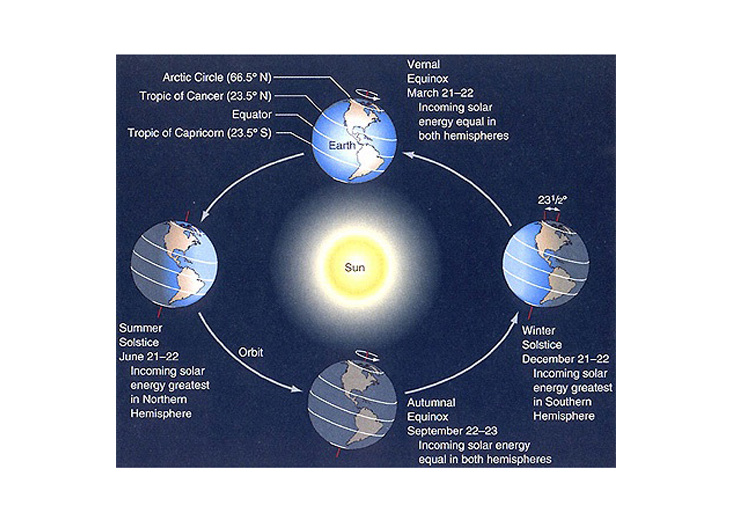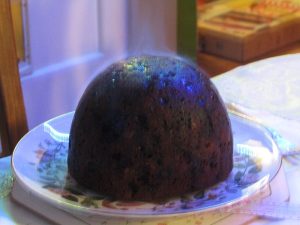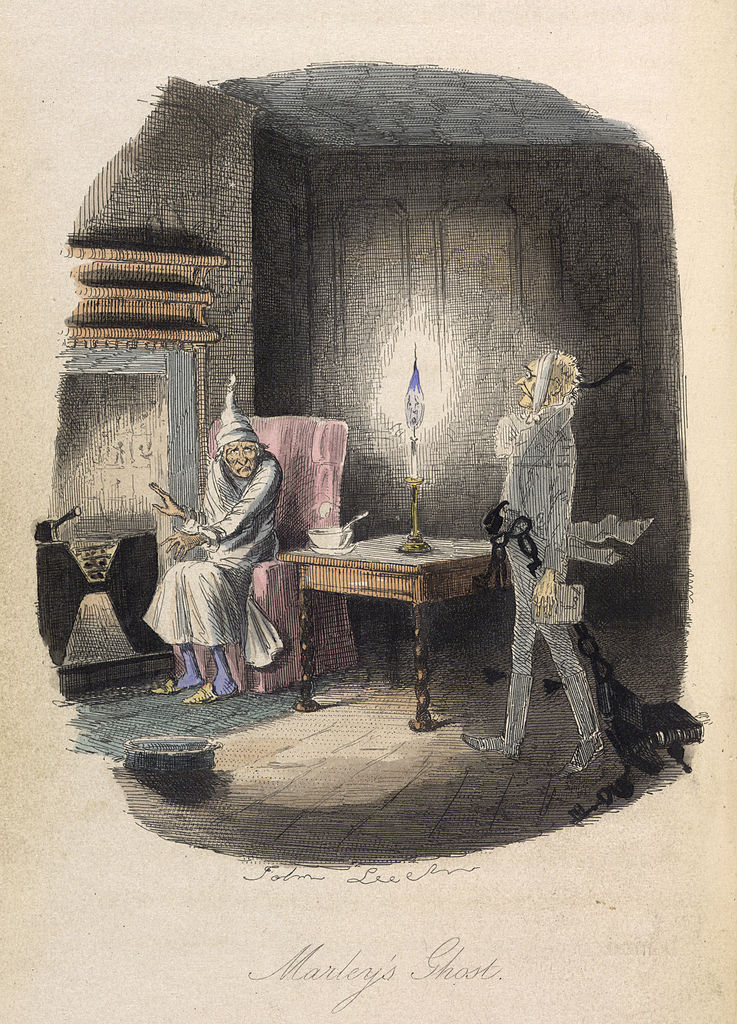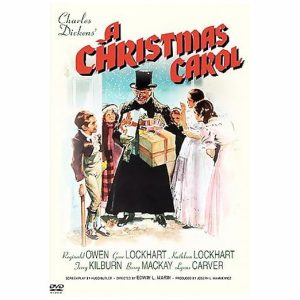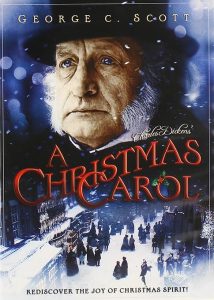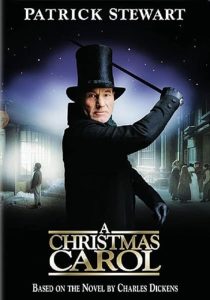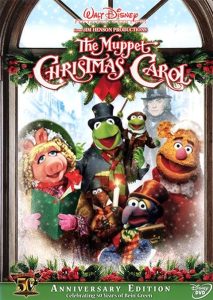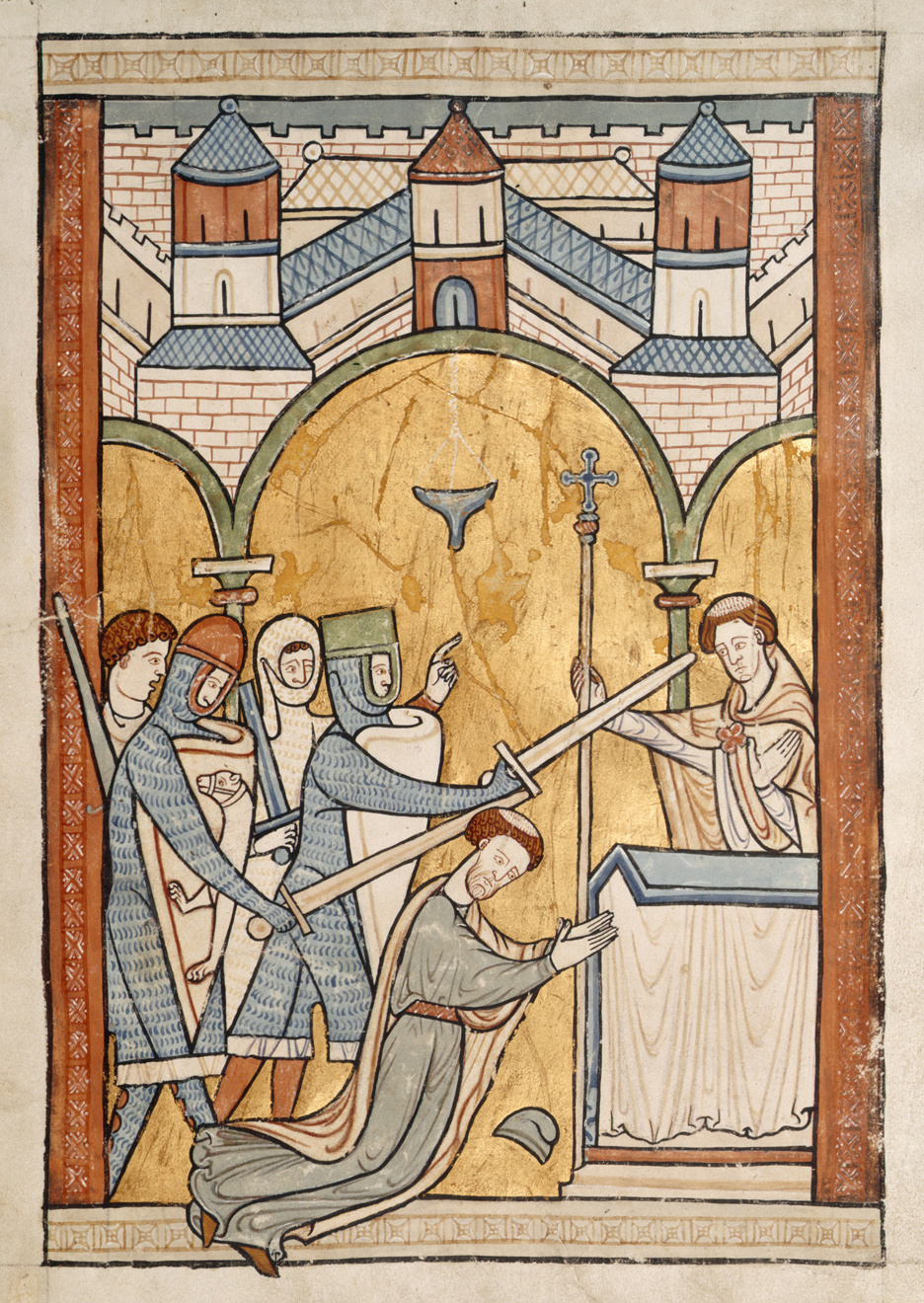
circa 1200
PD-US-expired, PD-UK and other countries where authors life and set years have expired.
Source: British Library via Wikimedia Commons
On December 29 1170, Thomas Becket, the archbishop of Canterbury, was murdered in front of the altar by four knights in Canterbury Cathedral.
Becket had been a successful chancellor for King Henry II and had helped him consolidate his power even if went against the church. Well liked and respected, Becket served the king well earning his complete trust. When the Archbishop of Canterbury died, King Henry decided to put Becket in that spot so he could have more control of the church. Appointing him in 1162, he expected Becket to faithfully continue what Henry wanted. Except that is not what happened at all,
Becket though underwent a transformation and switched his allegiance to the church. He adopted an ascetic lifestyle and lived humbly despite being in the most powerful bishopric in England. King Henry and Becket starting clashing over many issues. Finally when the king demanded Becket sign the Constitutions of Clarendon in 1164 to extend his control over the church, Becket refused and left England and went to France. He returned in 1170 after a reconciliation had been worked out. Two bishops who had sided with Henry had been excommunicated refused to rejoin unless they supported the church over Henry. The bishops complained to Henry, who was in France at the time, who uttered words that suggested he wanted him dead. Four knights took this as an order and sailed to England.
There they murdered Becket on the altar stairs just as evening mass was starting. This shocking event caused outrage and horror. King Henry went on a 40 day fast. Pope Alexander III proclaimed him a saint two years later. King Henry II walked barefoot to his tomb as penance and was forgiven by the church. His tomb became a popular spot for pilgrims to visit until King Henry VIII destroyed it. When he was reburied in the new tomb that was subsequently destroyed, many of his bones were sent to other churches as relics. They were returned in 2016 to the cathedral in which he died in.
His feast day of December 29 is celebrated on both Anglican and Catholic calendars. He is the saint of secular clergy.
What Happened to the Four Knights who killed Becket?
The four knights-Reginald FitzUrse, Hugh de Morville, William de Tracy, and Richard le Breton- heard King Henry II utter words they interpreted as meaning he wanted Becket dead. After killing Becket. The assassins fled north to de Morville’s castle and stayed there about a year. He owned property in Cumbria and this have been used as well. They may have been preparing to go into Scotland as well. King Henry II did not confiscate their lands and let the church deal with them. Pope Alexander excommunicated all four which for all intents and purposes meant they were unwelcome anywhere in Christian Europe.
The knights appealed to King Henry for help; he declined. Deciding to seek penance for their actions, the four knights went to Rome and met with Pope Alexander. He accepted their contrition and as penance ordered them to serve 14 years as knights in the Holy Lands. This inspired the creation of the Knights of St. Thomas, a purely all English order of knights that would serve in the Holy Land. After internal disputes much later (and the loss of the Holy Lands), the order focused on charitable work and ran a school. It was dissolved in 1538 by King Henry VIII as part of his order dissolving all religious orders in England.
Sources:
Knowles, Michael David. “Saint Thomas Becket | Biography, Facts, Death, Patron Saint of, and Significance.” Encyclopedia Britannica, 25 Dec. 2023, www.britannica.com/biography/Saint-Thomas-Becket.
“St. Thomas Becket – Saints and Angels – Catholic Online.” Catholic Online, www.catholic.org/saints/saint.php?saint_id=12.
“Archbishop Thomas Becket Is Murdered.” HISTORY, 9 Feb. 2010, www.history.com/this-day-in-history/the-making-of-an-english-martyr.

